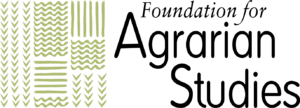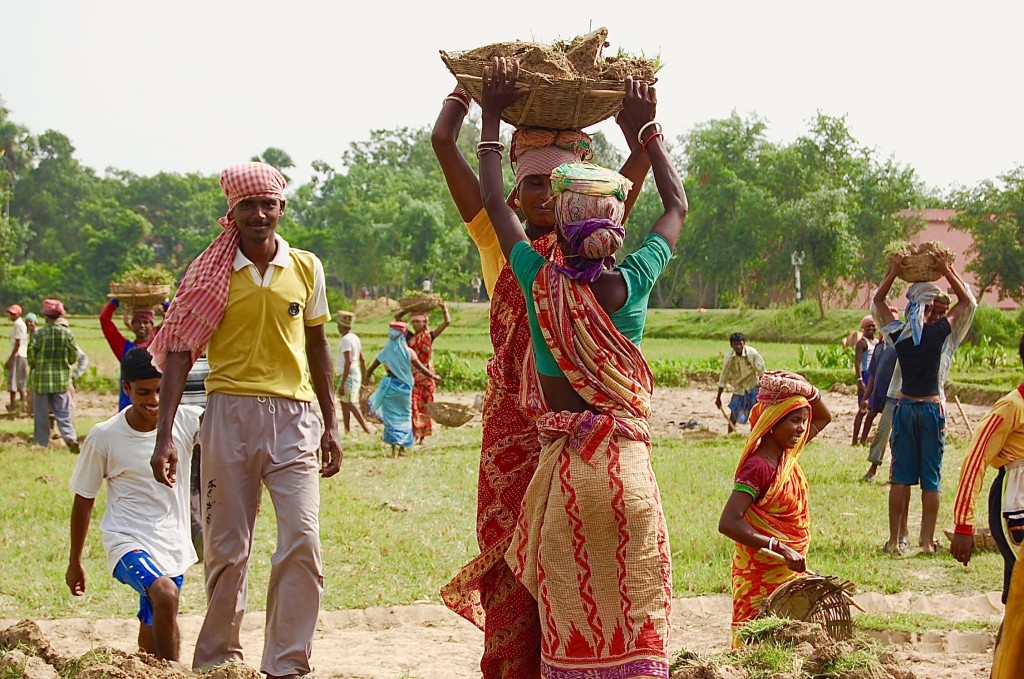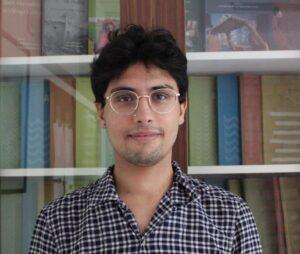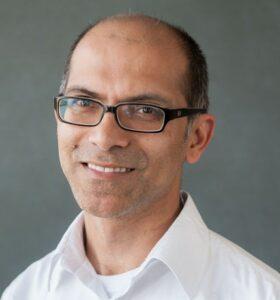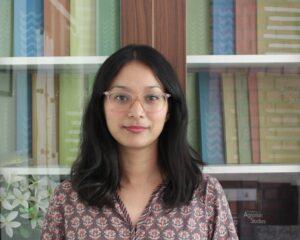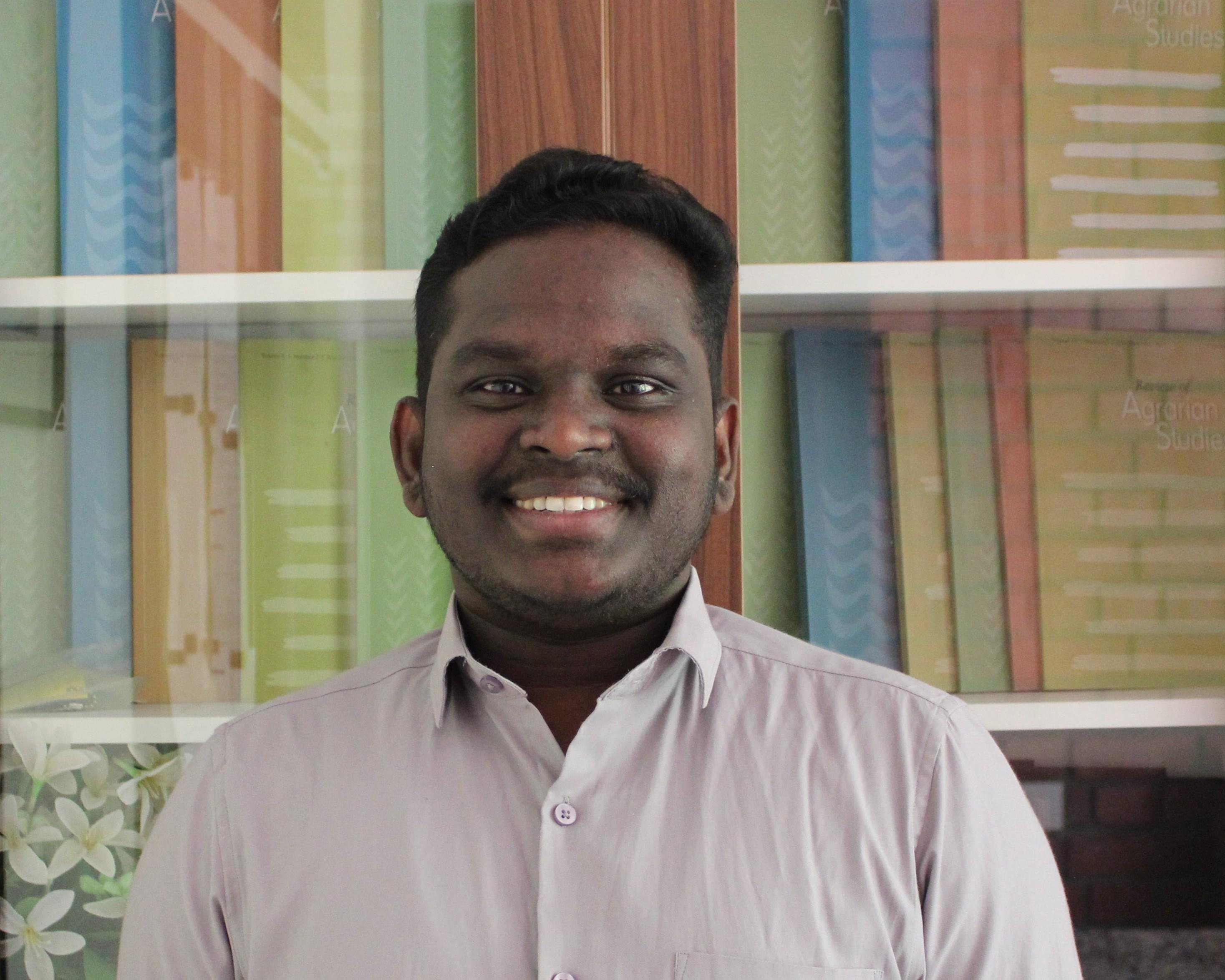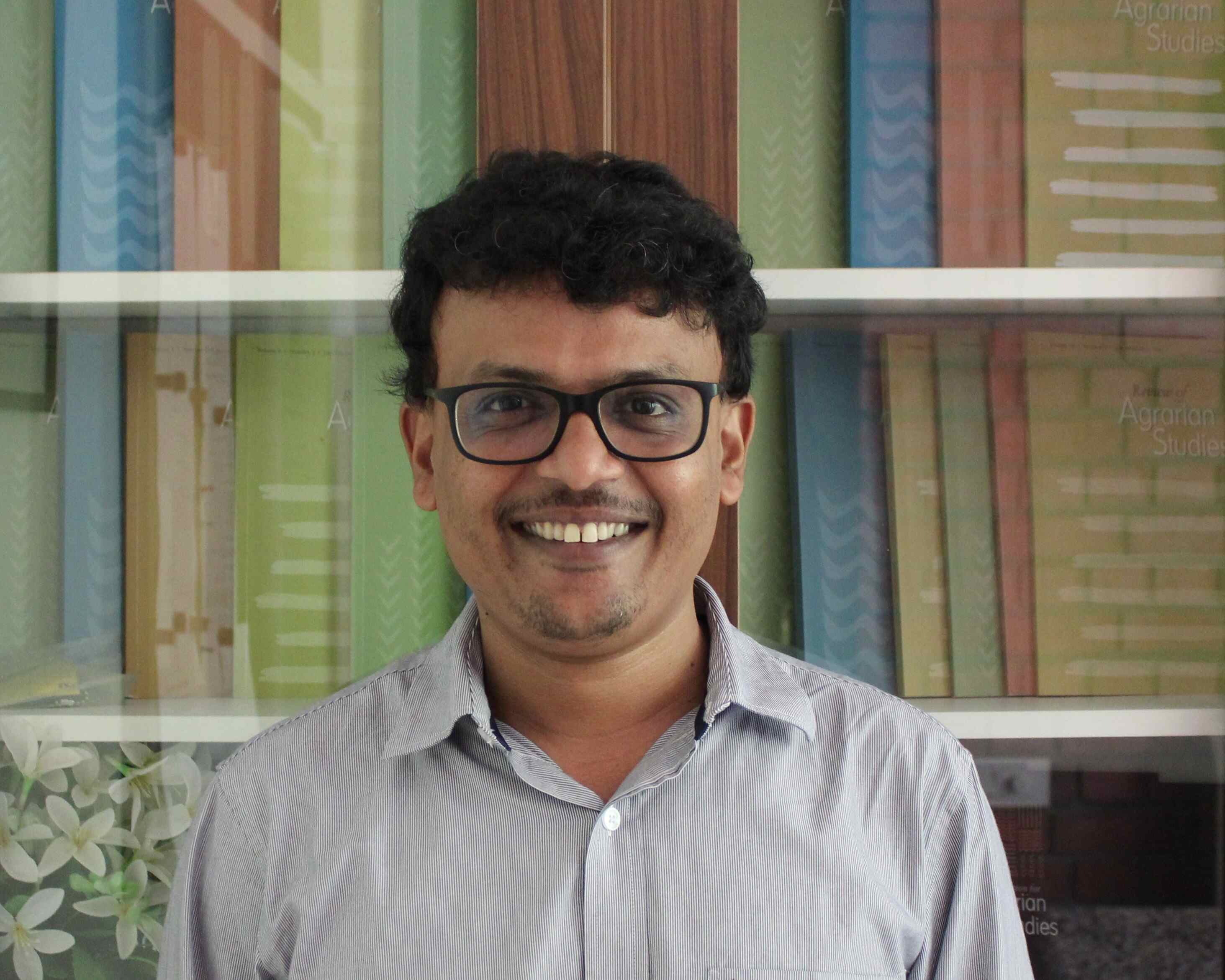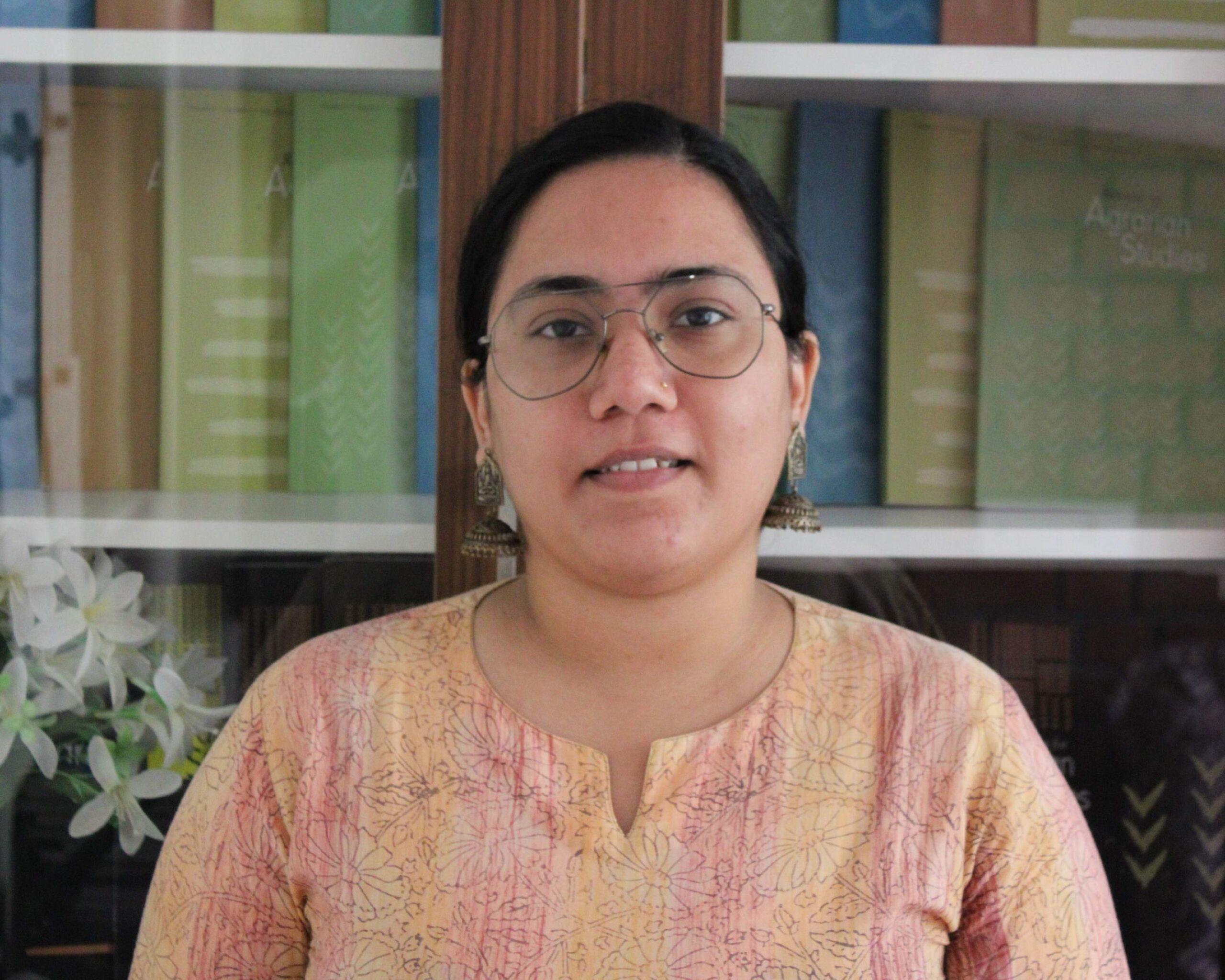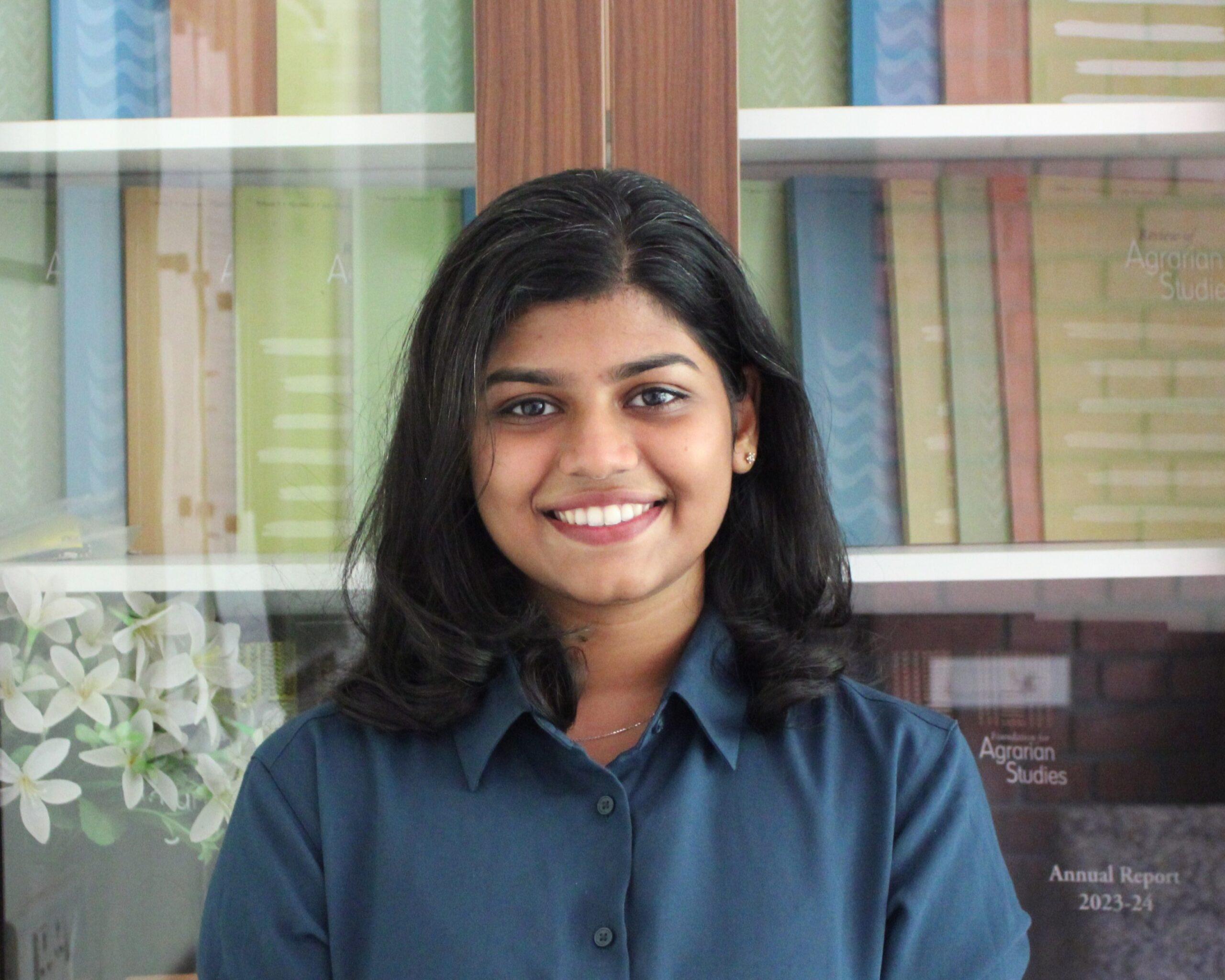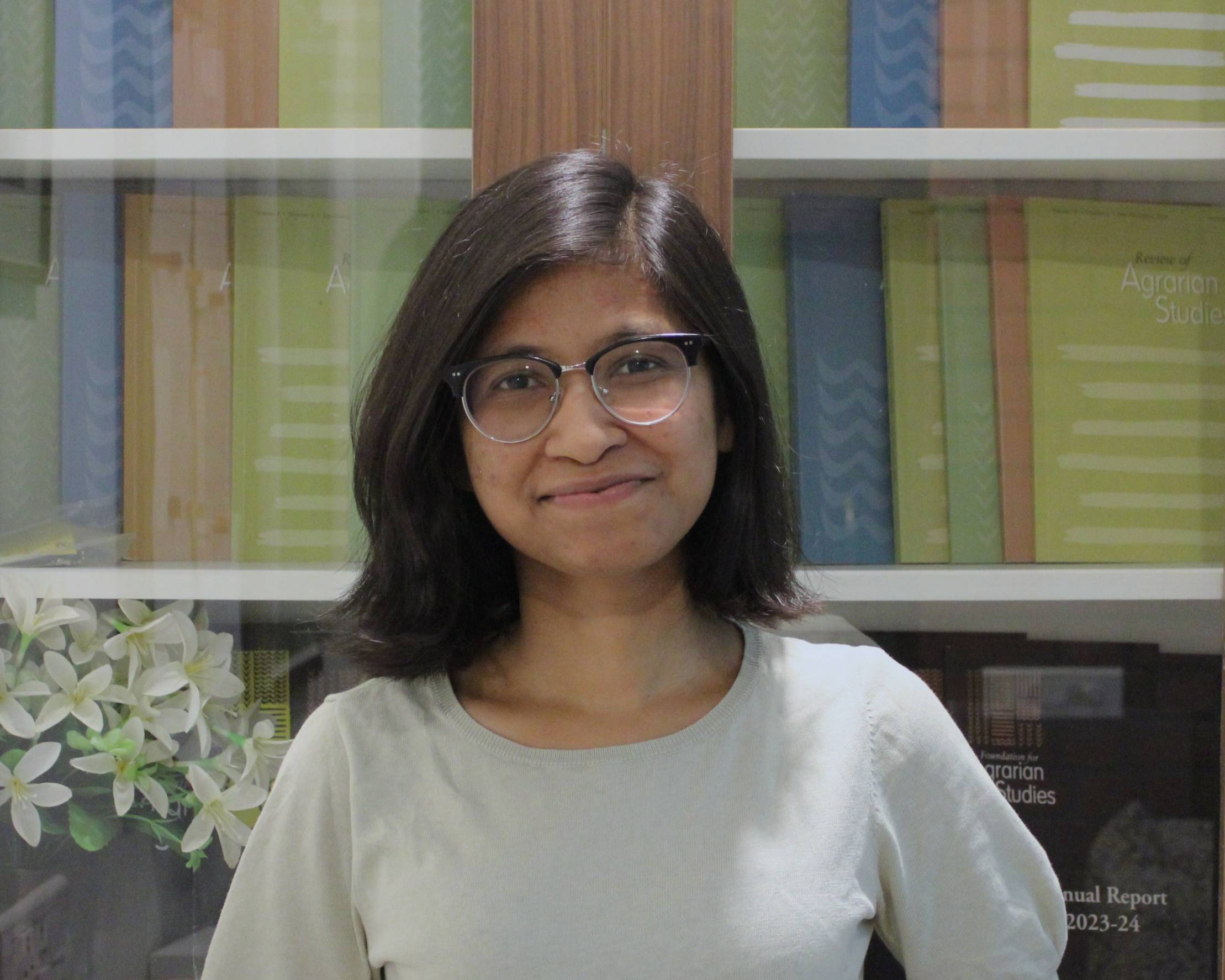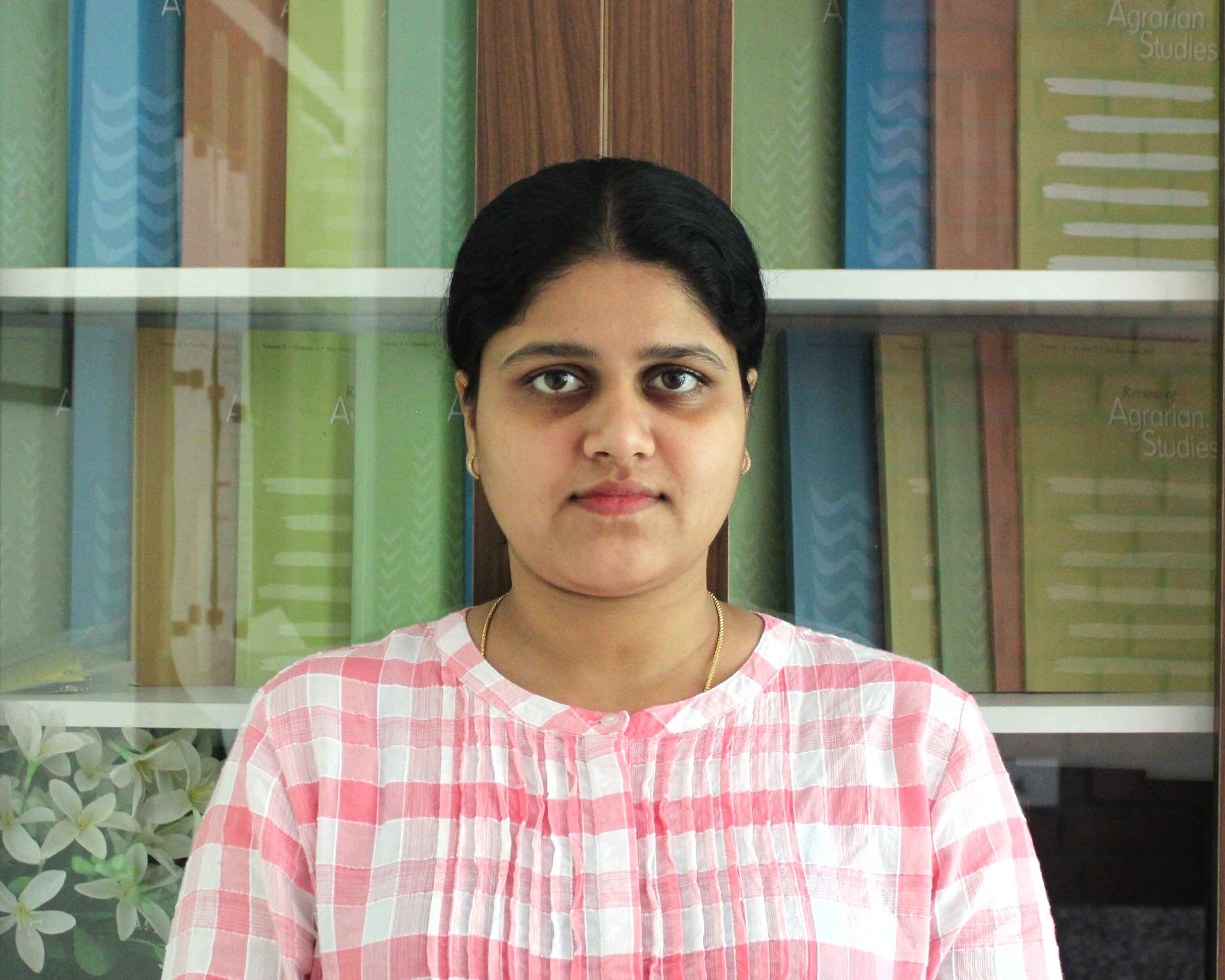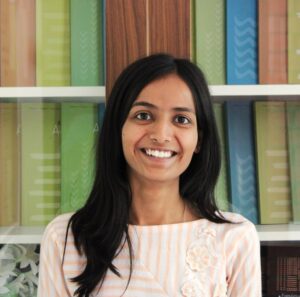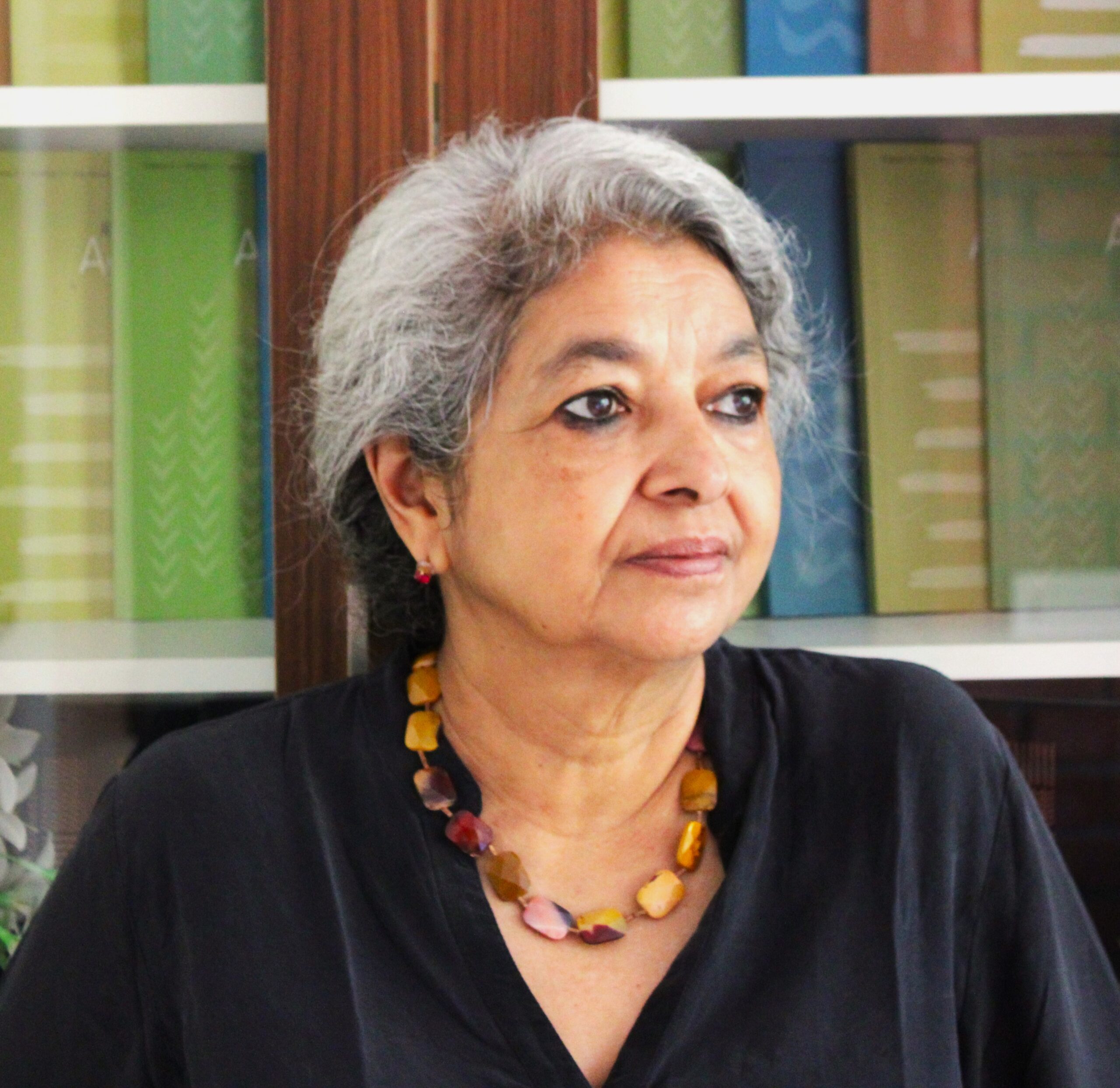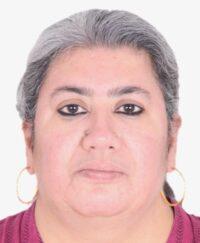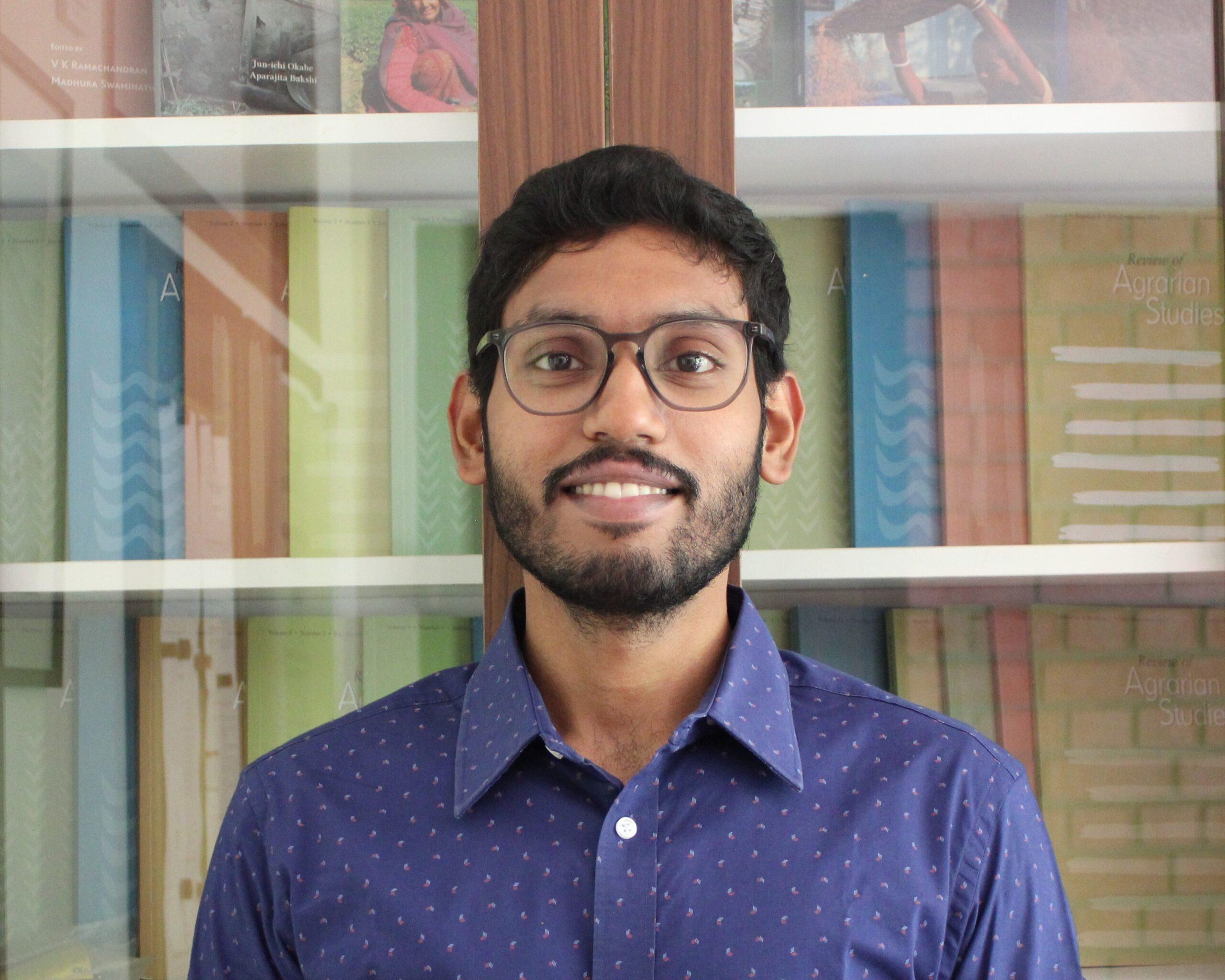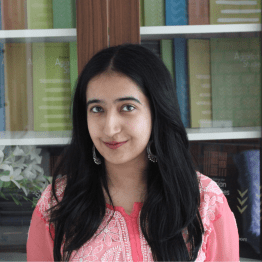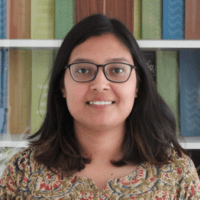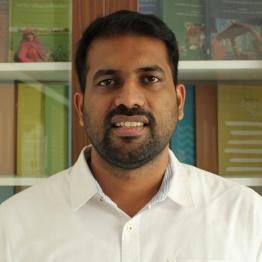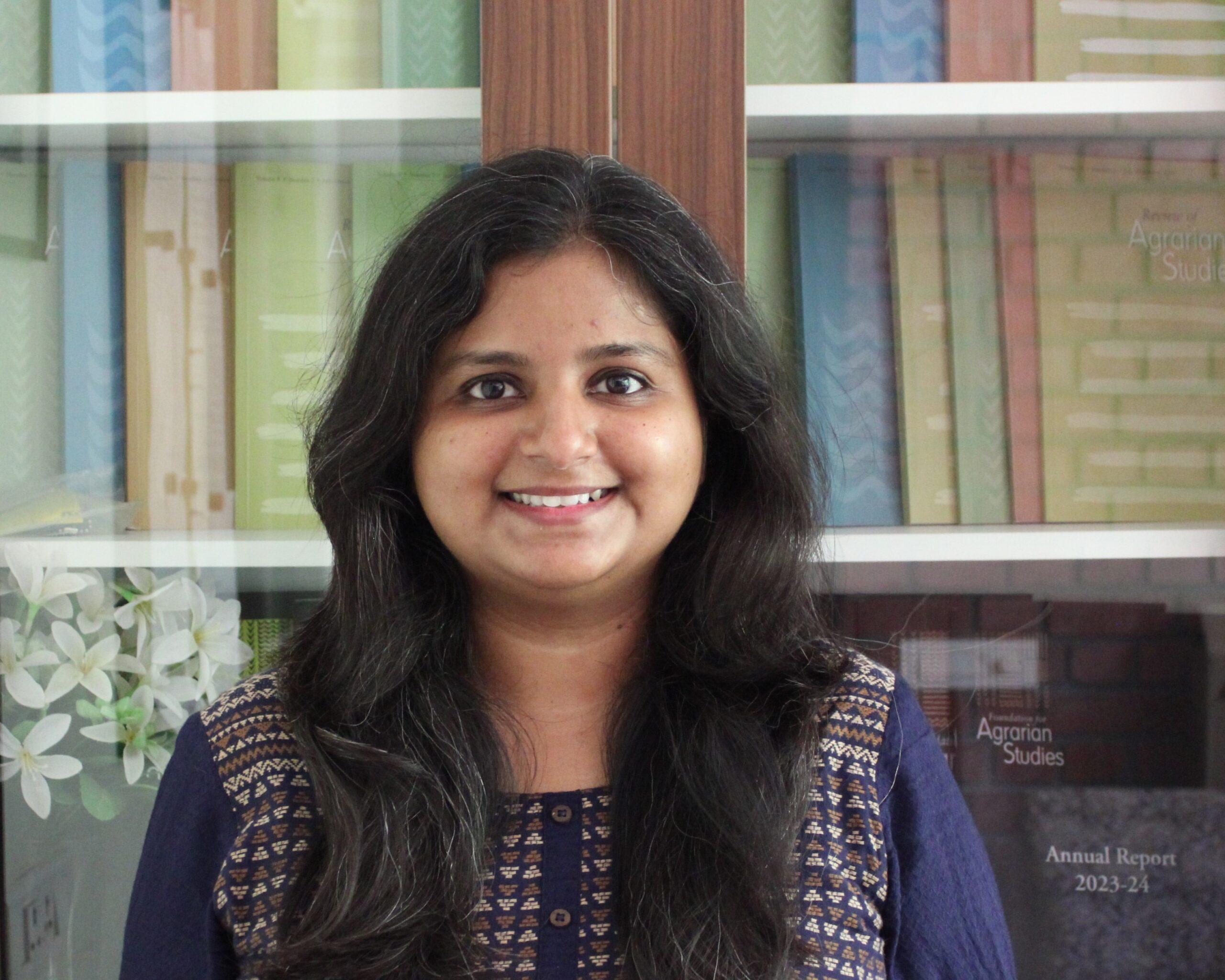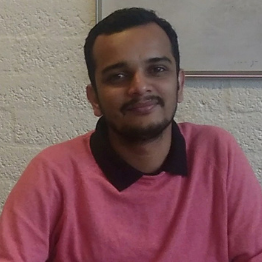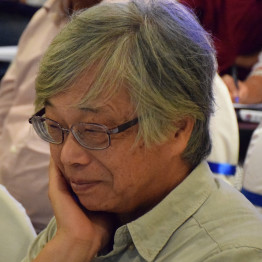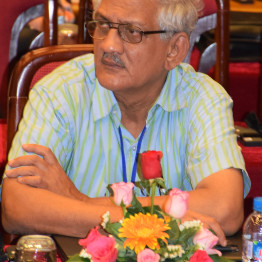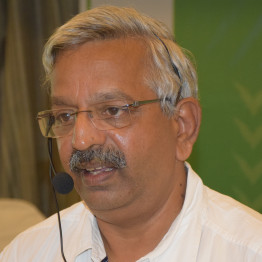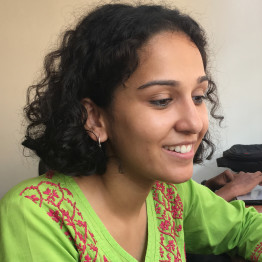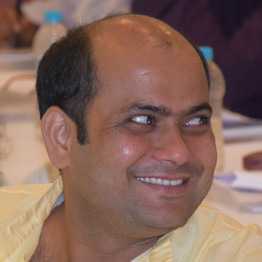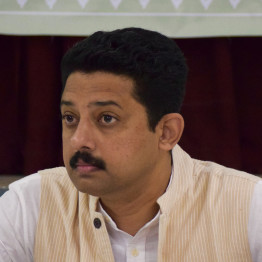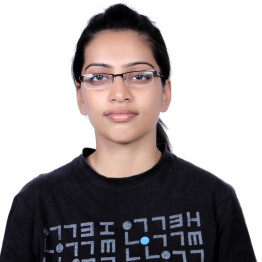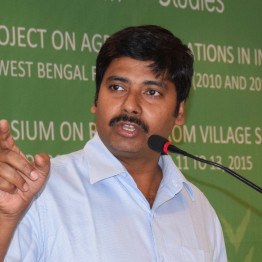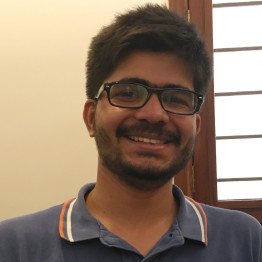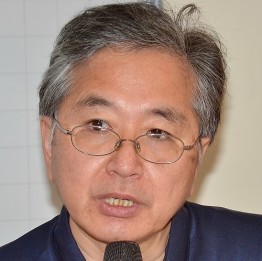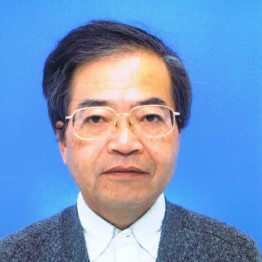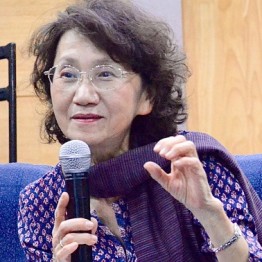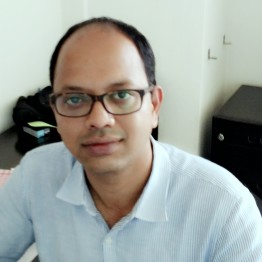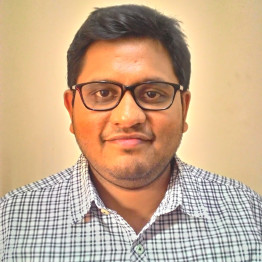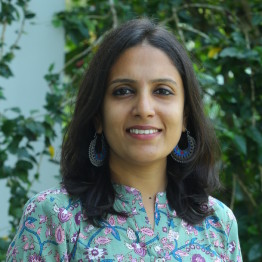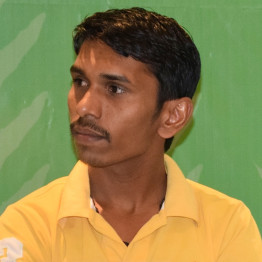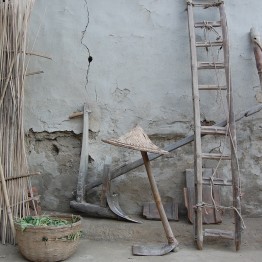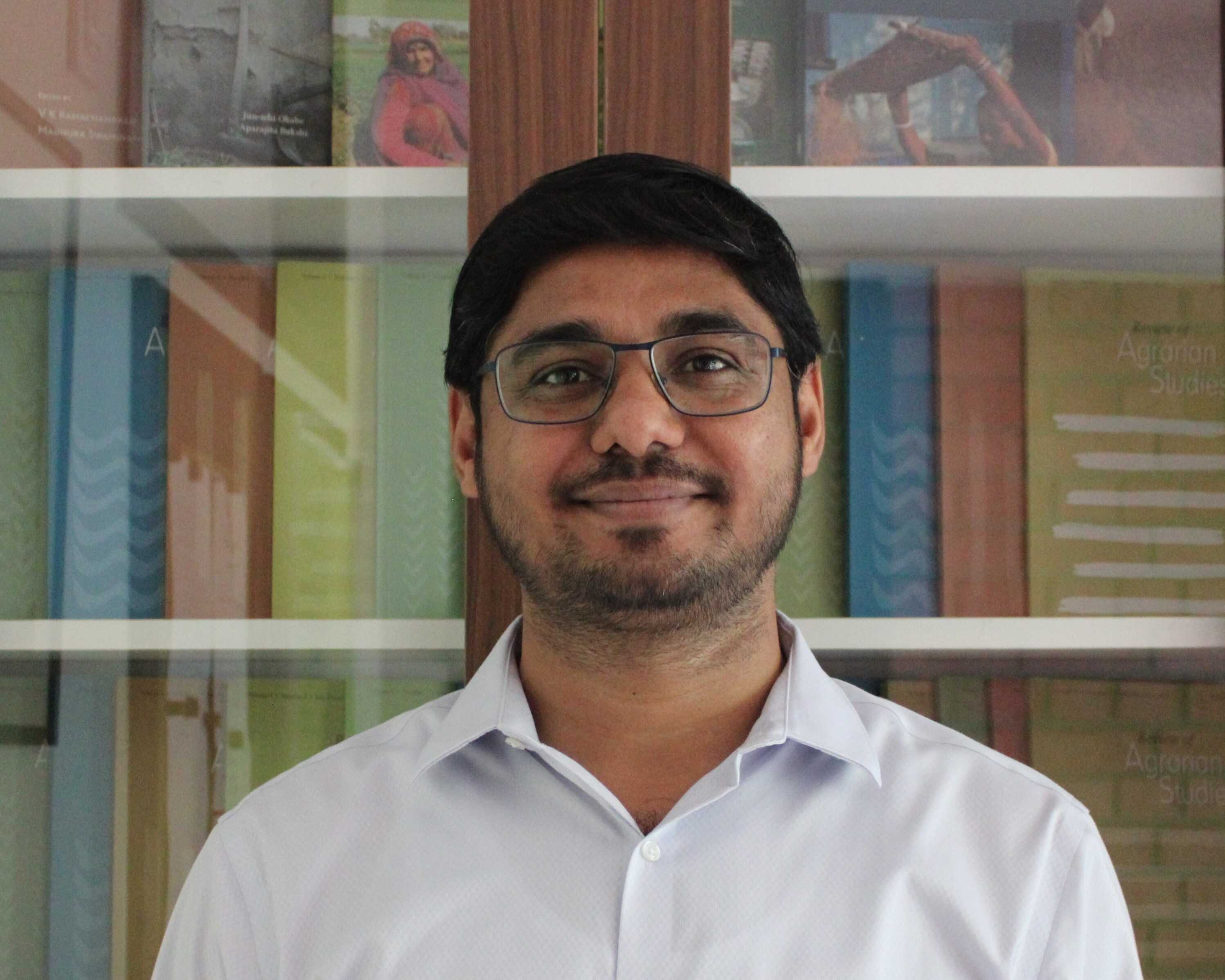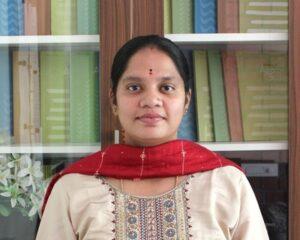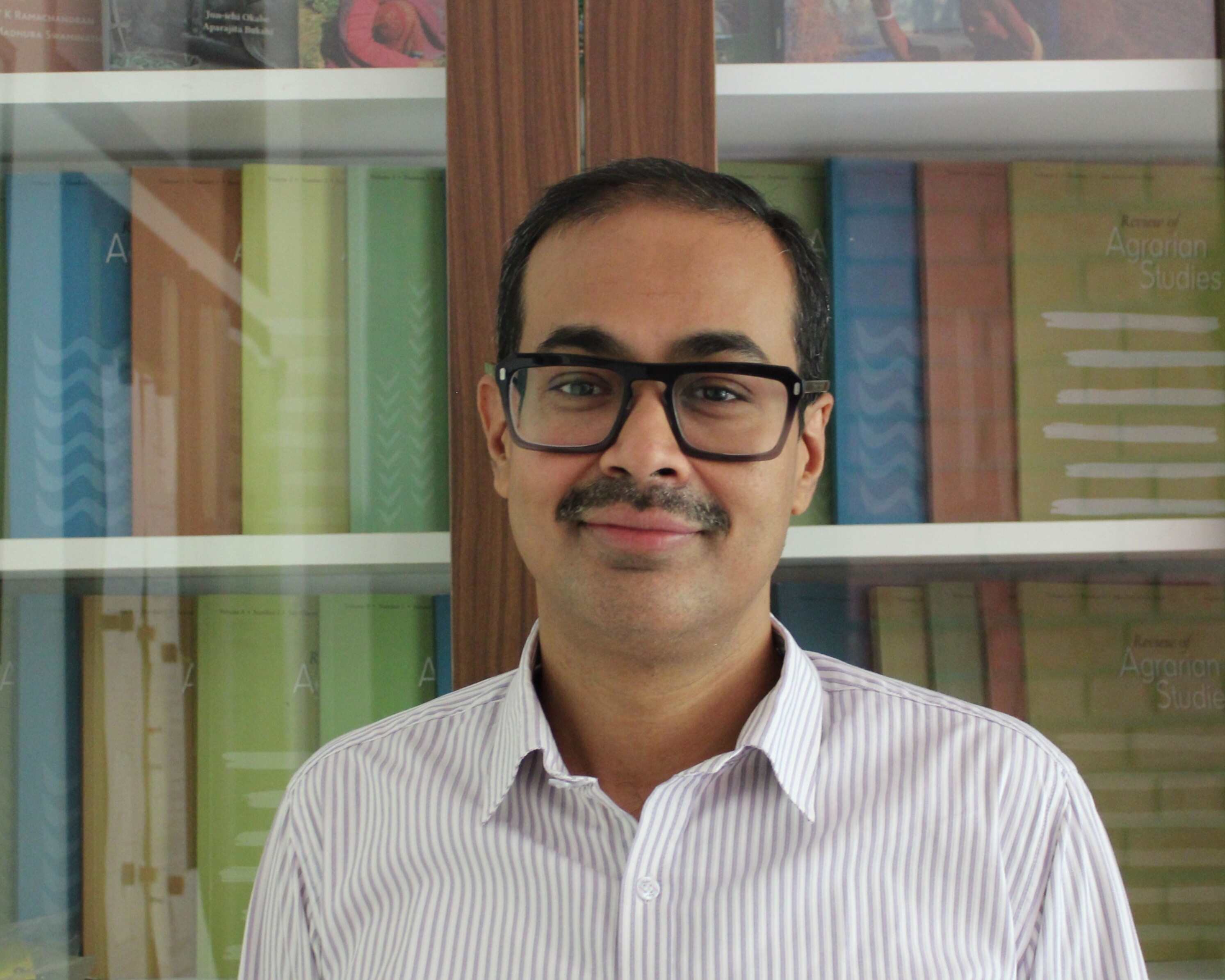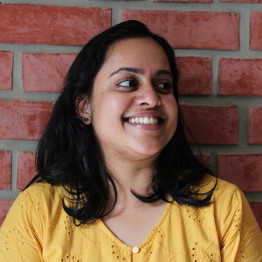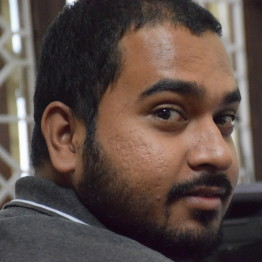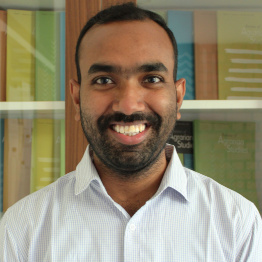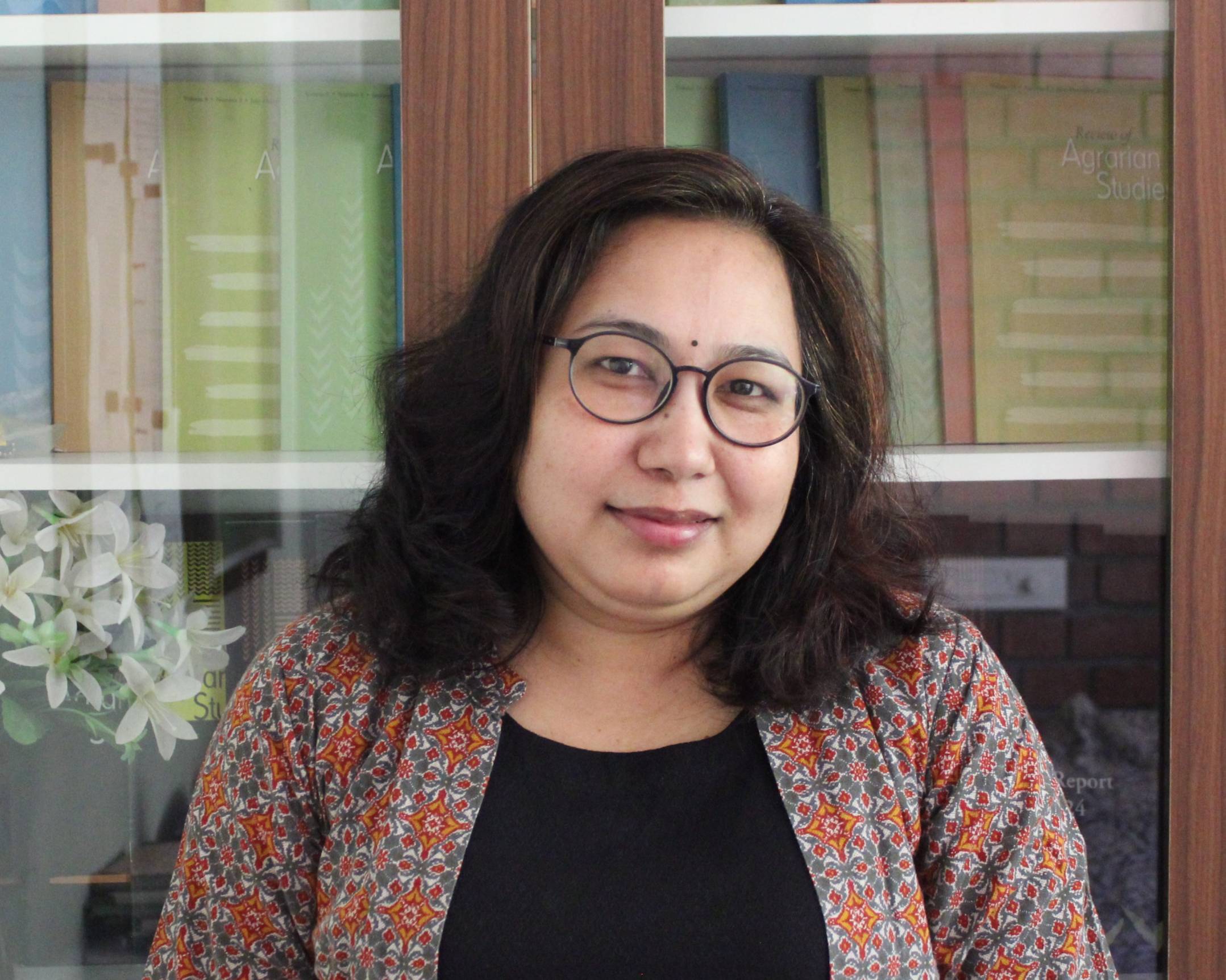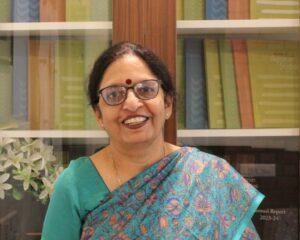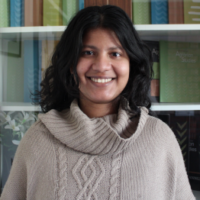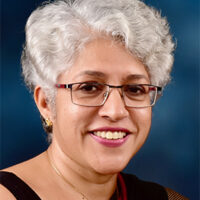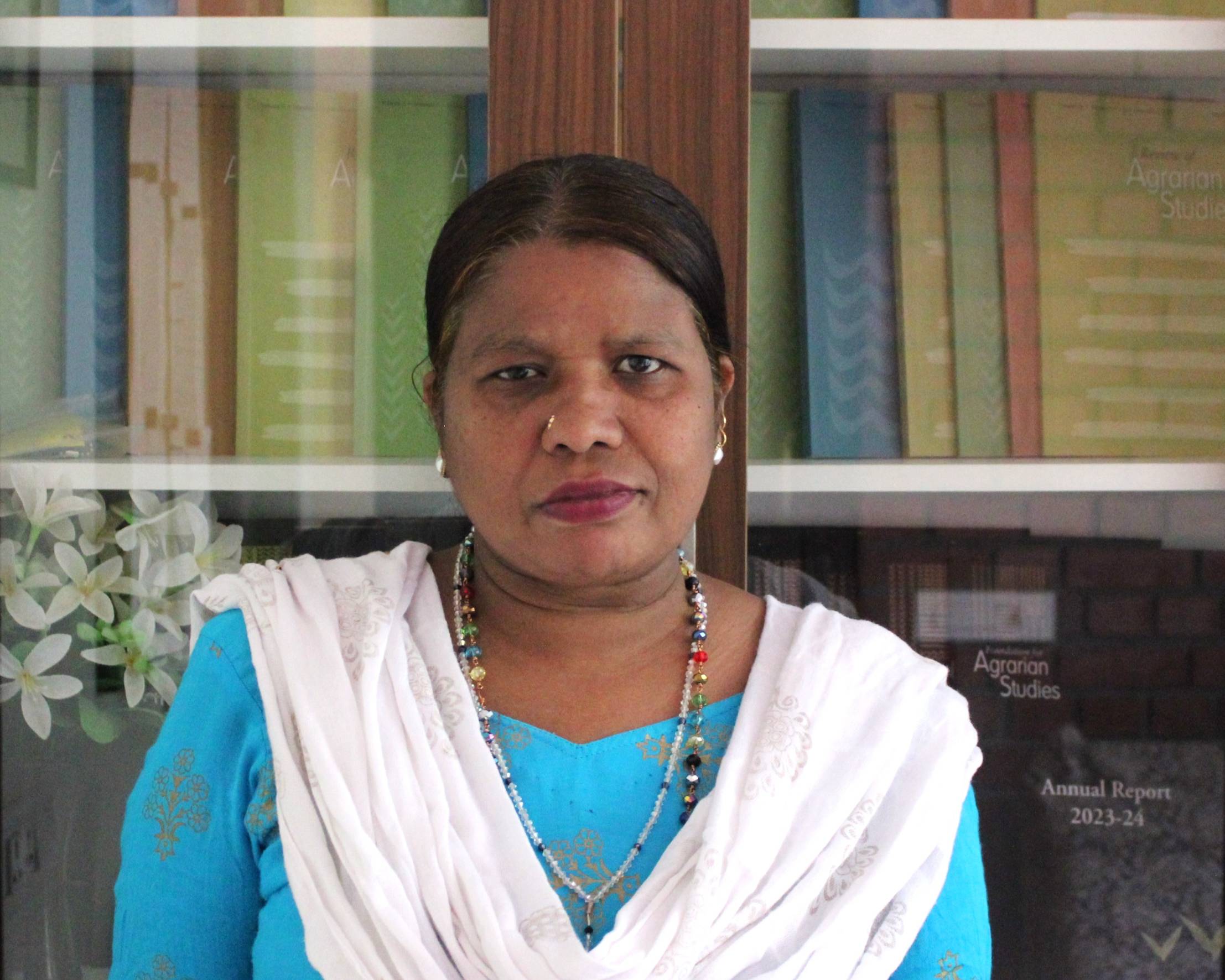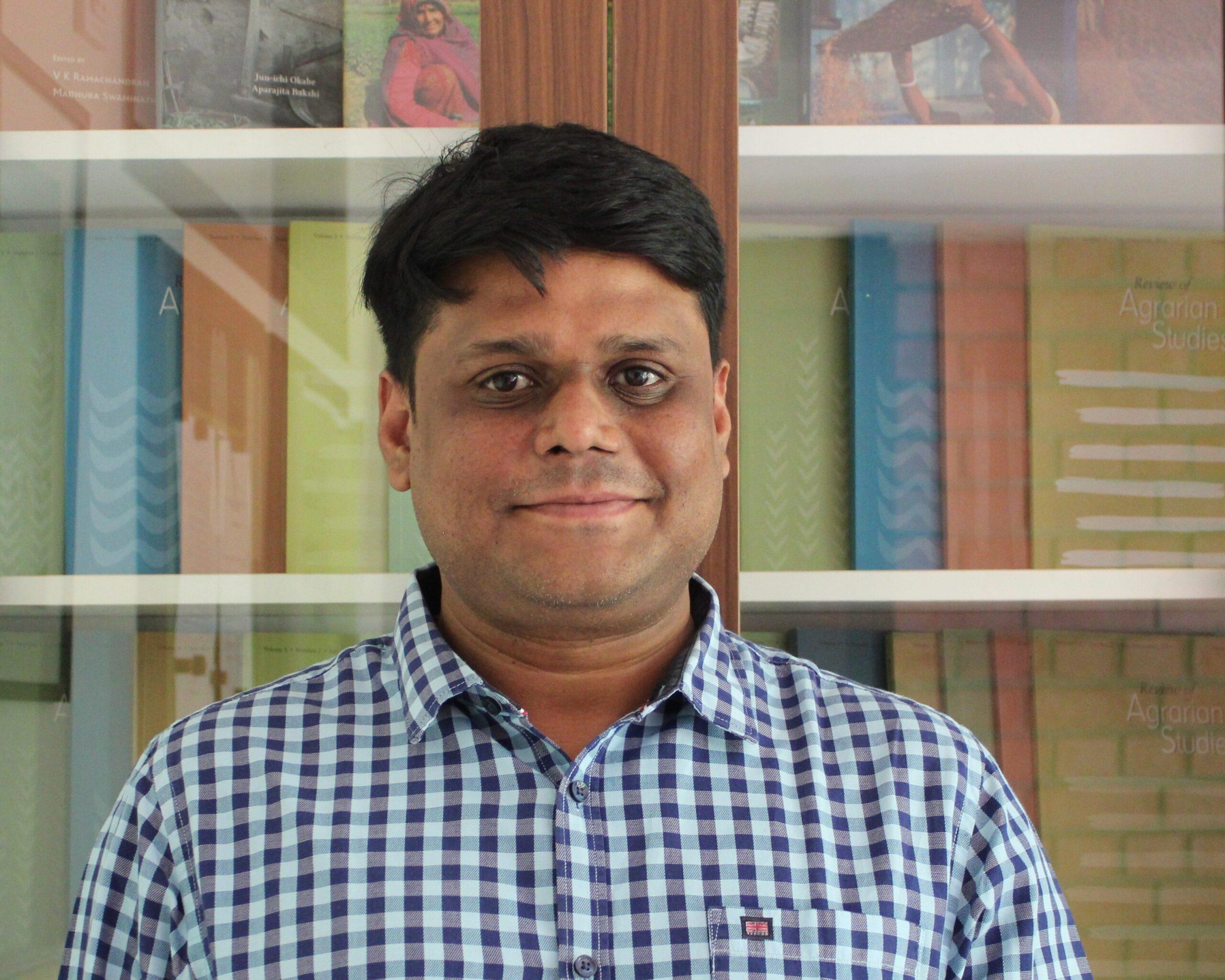The Foundation for Agrarian Studies (FAS) is happy to announce a fieldwork grant for a new comparative study on rice cultivation in the kole cultivation areas of Kerala and rice cultivation in An Giang Province in the Mekong Delta in Viet Nam.
The research is being conducted by Deepak Johnson, Senior Research Fellow, Economic Analysis Unit, Indian Statistical Institute, Bangalore.
The two regions under study are similar in respect of agro-climatic and topographic conditions for the cultivation of rice. Both areas have undergone a basic land reform. The promotion of rice production and administrative support to its cultivation is part of state policy in both regions. Rice research institutions are active in both regions. Nevertheless, while production and productivity enhancement have characterised rice production in the Mekong Valley, the area under rice in Kerala is declining, and productivity has shown no significant upward trend in recent years.
Deepak has almost completed his fieldwork in Thrissur district, Kerala. He has conducted surveys that involved canvassing household-level questionnaires, gram panchayat-level questionnaires, and cultivator-organisation-level questionnaires (a rice-cultivator organisation is called padasekharam in Kerala).
Deepak is now conducting fieldwork in the Mekong delta region in Viet Nam, collecting secondary data there, and consulting experts in the field on the comparative economics of rice cultivation and farm business incomes. Deepak has established contacts with scholars and research personnel in Viet Nam, and has developed a programme of field study in consultation with different institutions there. These include the Mekong Delta Development Research Institute (MDI) of the Can Tho University, the Department of Rural Development and Natural Resources Management, An Giang University, and the Southern Institute of Social Sciences, Ho Chi Minh City.
FAS will support a part of Deepak’s visit to Viet Nam through a fieldwork grant. One of the major objectives of FAS is “to facilitate and sponsor multi-disciplinary theoretical and empirical enquiry in the field of agrarian studies in India and elsewhere in less-developed countries.” Some of main research problems of the study, particularly questions of farm and household incomes, and the methodology of the surveys in Kerala and Viet Nam, are very close to the research problems that are explored by FAS in its Project on Agrarian Relations in India (PARI).
It is seldom that comparative South-South research in this field is conducted by students from countries of the global South, and yet such studies are essential if we are to share experiences and contribute in a meaningful way to understanding our agricultural future.
We wish Deepak’s research project all success.
